Does your company offer internships to people interested in careers in winemaking, management or the hospitality side?
Industry professionals told Vintner they offered paid internships, including Willamette Valley Vineyards CEO Jim Bernau, who said internships can be a solid source for finding future managers, regardless of whether they are participating to satisfy enology coursework requirements. It’s certainly been the case for Willamette Valley Vineyards, whose Winery Director Christine Clair began as an intern at the winery.
Bernau said unpaid internships weren’t worth the potential hassle for either side, stressing that it was unreasonable to expect people to work for nothing amid high living costs.
“We do offer internships and they are at competitive hourly pay rates for each position, regardless if they are in an academic internship program,” Bernau said. “The federal rules are such that it is too time consuming — and risky — to comply with offering unpaid internships.
“We have had a number grow into a permanent position or return after college to the company.”
Messina Hof is also among those that bring on interns, and they take the hiring and onboarding process seriously, something Chief Administrative Officer Karen Bonarrigo said is essential to optimizing the experience for both the intern and the hiring company.
Interns go through the Texas winery’s standard application process, which includes a telephone screening and an in-person interview at the Messina Hof Estate in Bryan — the winery’s flagship location.
Bonarrigo said going through a full hiring process — just as a company would with a full-time employee — is essential to getting things off the ground.
Doing so will allow both sides a chance to make their expectations clear and determine whether it’s a good fit.
“Be sure to understand the timeline of the intern, including number of hours per week, days they can or want to work per week, and if there is a hard stop to their internship,” Bonarrigo noted. “Often interns have end of semester projects or educational program progression points that force the official end of their internship. Ask them at the start about areas they are most interested in so that their internship can be molded towards that subject, if possible.
“It normally leads the internship to be a better experience for all parties if the intern can positively grow and contribute in the process.”
Internships at Messina Hof are offered in marketing, administration, vineyard management and wine production. Key attributes Messina Hof’s hiring managers look for include an enthusiasm for learning.
Internships at Messina Hof can lead to full time careers, although Bonarrigo said motivation for having the program also includes having the chance to mentor future industry leaders.
“We love to promote from within the company, and we enjoy creating lifelong careers for our team members,” Bonarrigo said.
West of Austin, Spicewood Vineyards doesn’t maintain a formal internship program, though owner Ron Yates said the company is open to bringing on board well-qualified and interested prospects they believe will benefit their business.
“We have had many different interns that have gone on to start their own label and their own business as well as interns that have taken what they learned with us and received jobs with other wineries,” Yates said. “We have even had a few stay on full time with us after harvest is over.”
Yates said he has many different criteria for choosing an intern, but that education and experience are priorities.
“We have had a lot of success with interns that have either completed enology or viticulture course work at places like Texas Tech University or Grayson College,” Yates said. “We usually look for people that have aspirations to make or are already making their own wine.
Yates’ advice would be to try and find people that already have their foot in the wine business door.
“Someone who has taken classes or made their own wines already, knows how time consuming the process is and arrives with a current passion to learn more about the process,” he said.
Talented interns with experience can also help make winemakers on staff better, Yates added, as well as give existing employees more bandwidth.
“Winemaking is an industry of passion,” Yates said. “It’s really, really hard work and you need to have an internal desire to be great. Having another set of hands on deck that come in with a passion for learning and growing in their own capabilities allows our winemakers to step back and be more analytical in their process.
“Harvest season is a marathon, not a sprint, so it always helps to have capable, interested people on your team.”
TerraVox Wine in Kansas City, Missouri is a developing winery that makes experimental wines from indigenous grapes. Owner and founder Jerry Eisterhold said the company hires interns and gives preference to interns who take the initiative to contact them.
The internship is treated as an informal empirical interview and full-time jobs are possibilities for the right candidates.
Eisterhold’s view on experience differs from Yates’. They can do the training and the teaching, but they need to see a desire to learn and work, he explained.
“Look for someone who takes initiative and responsibility: character counts more than prior experience,” Eisterhold said. “While we take care to explain to them what we are doing, and expose them to a range of experiences, they do have to prove that they are self-starters and can take initiative and responsibility.
“Someone who requires extensive hand-holding can be an energy drain on everyone. But we try to ensure that they leave with a good and positive learning experience under their belt.”

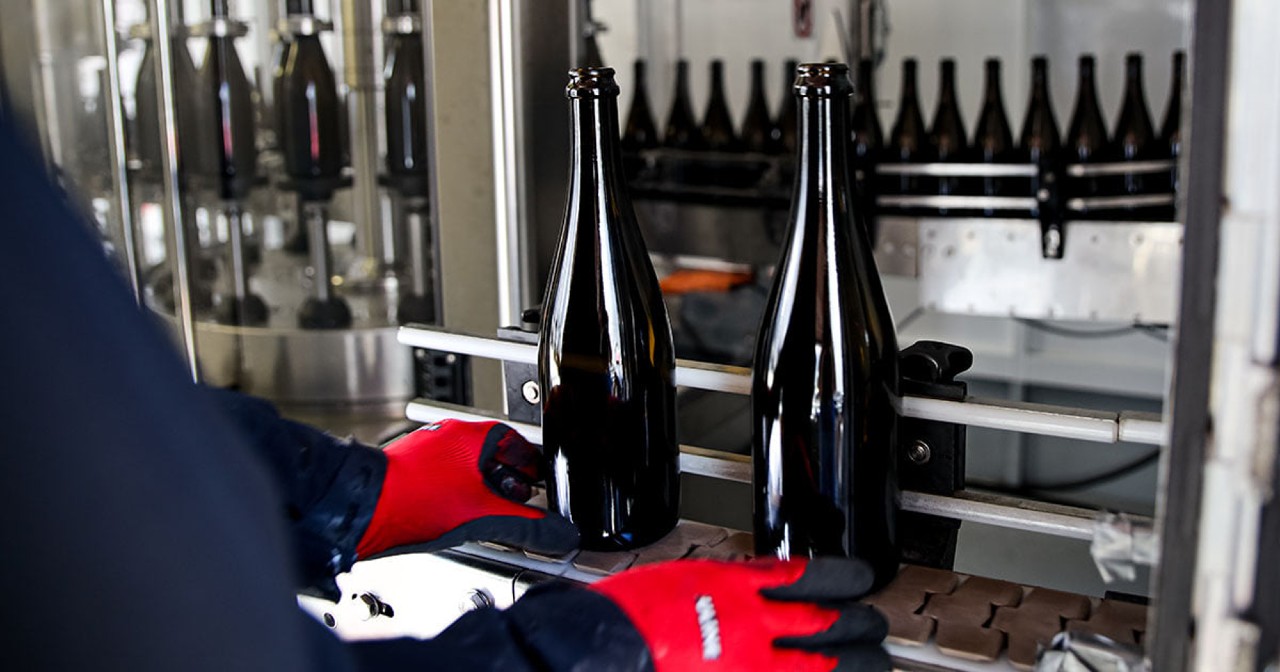
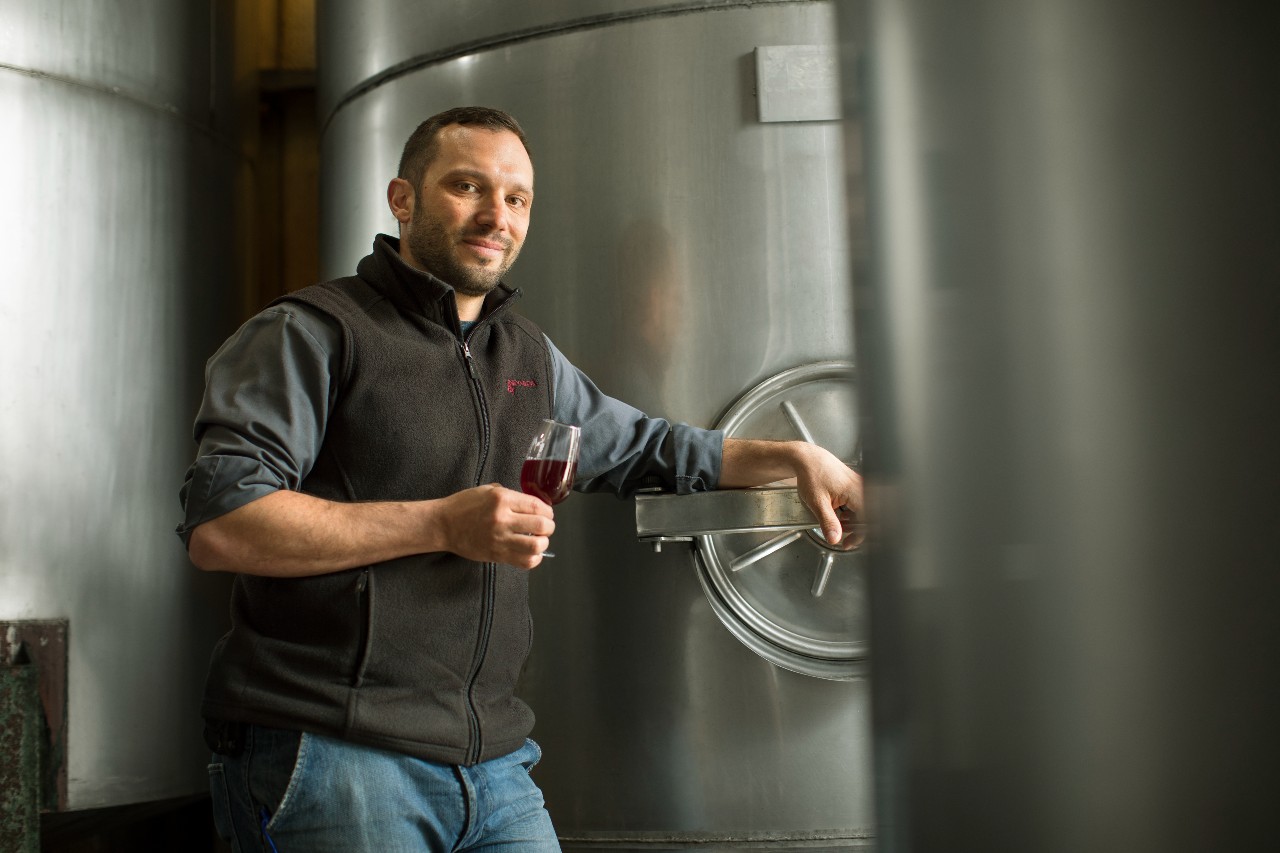
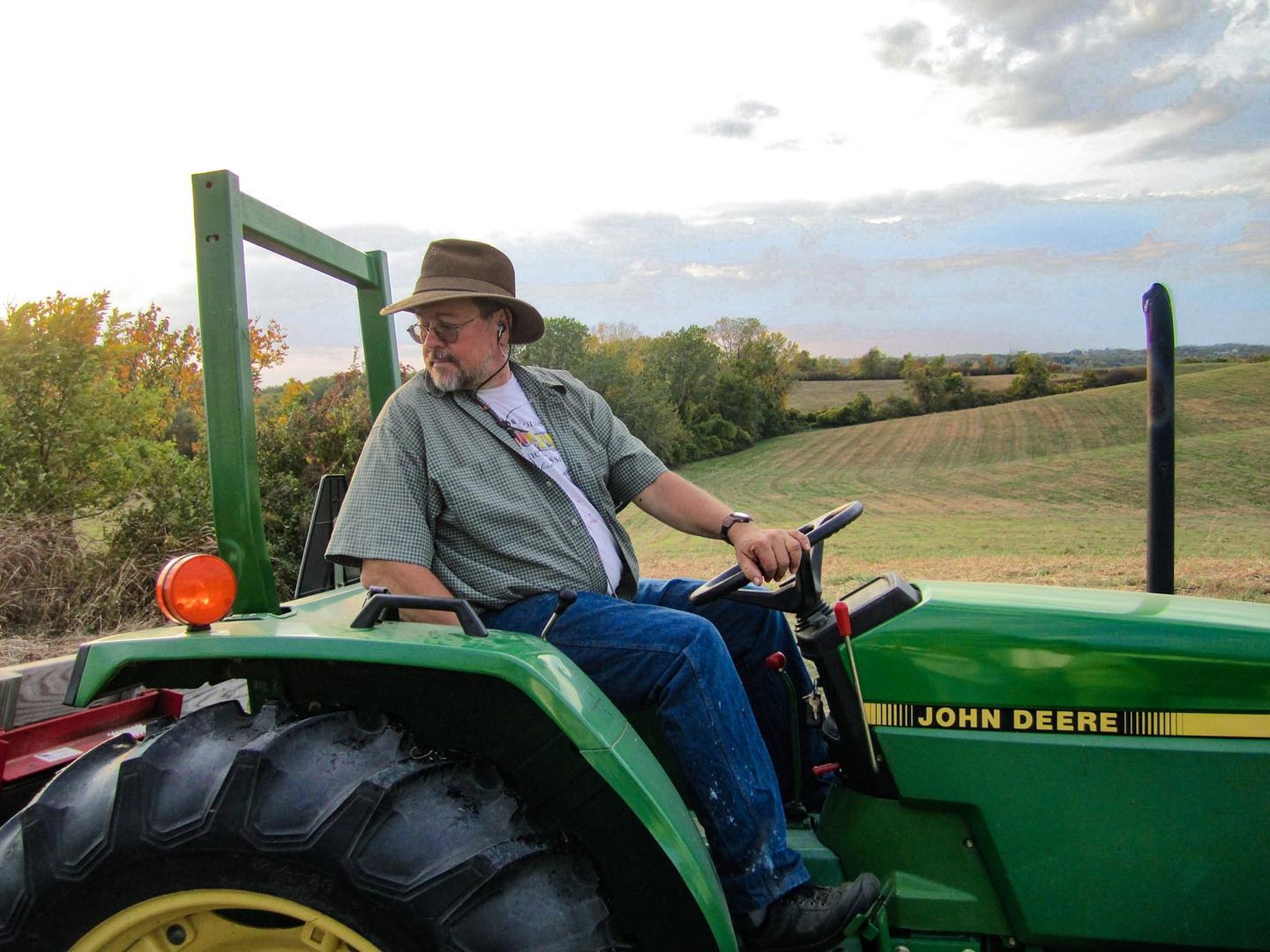
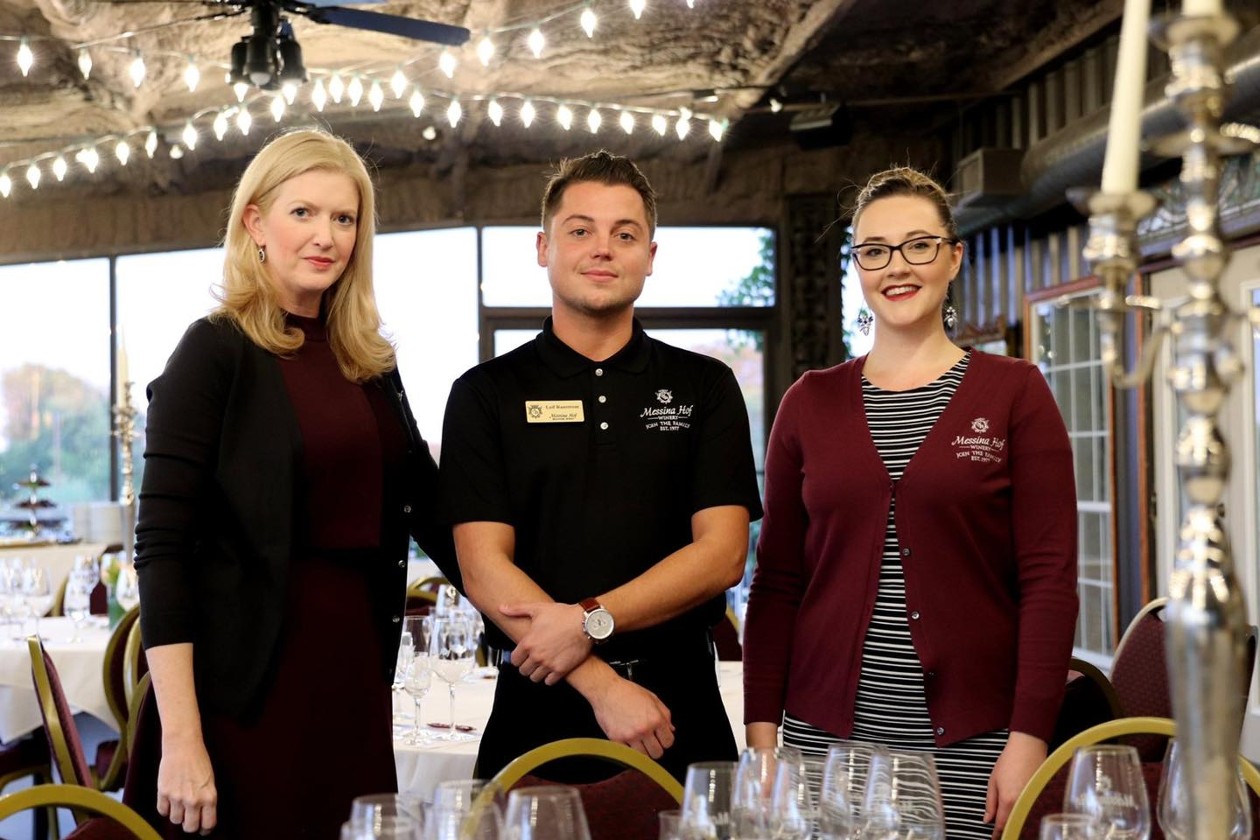
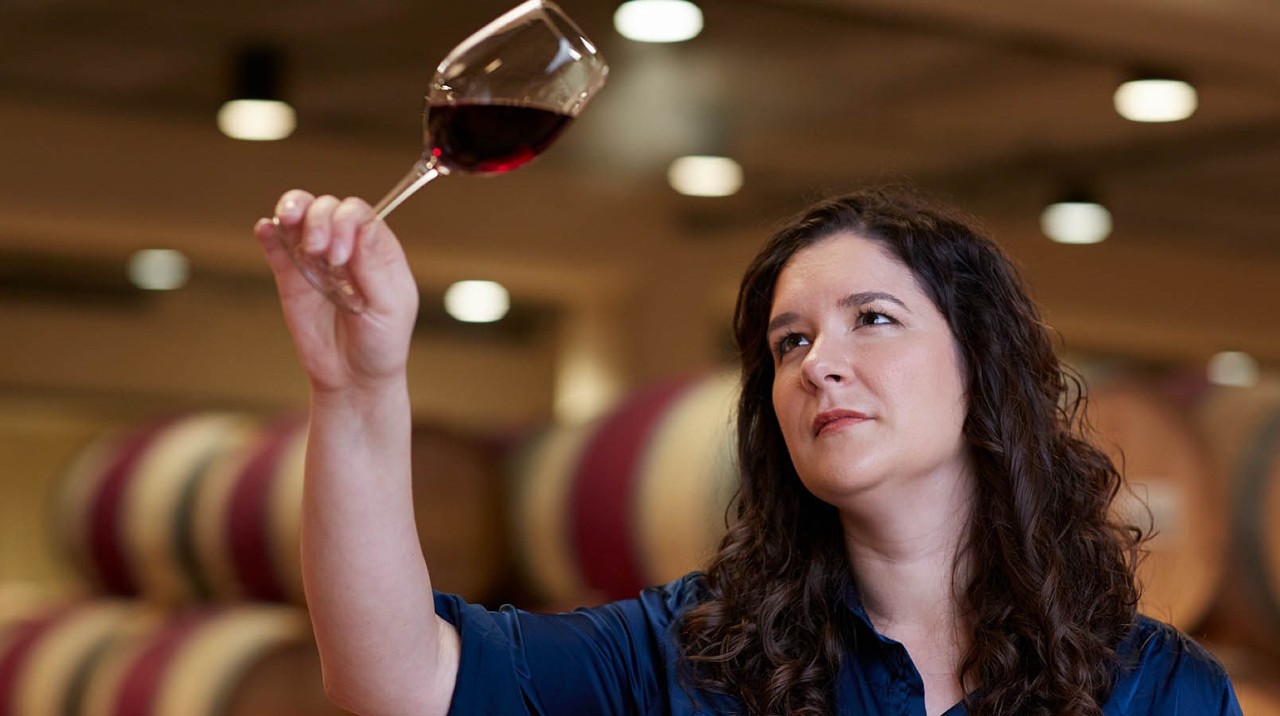

Be the first to comment